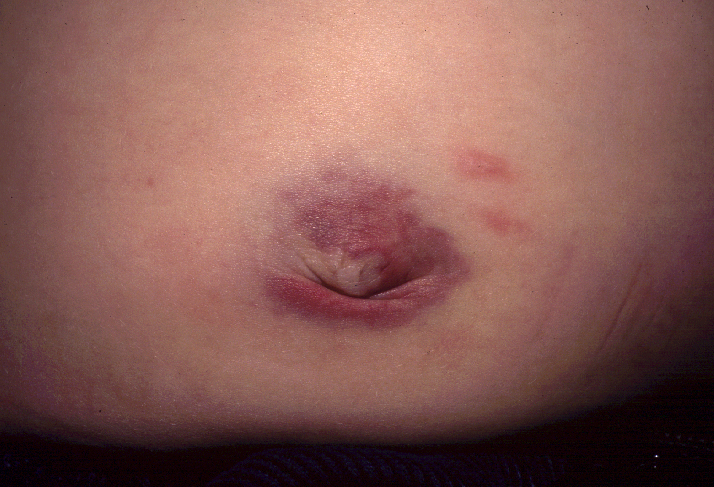
Dog pancreatitis occurs when your dog’spancreas becomes inflamed. The pancreas is the organ responsible for producing the insulin that helps your dog’s body metabolize sugars. The pancreas also produces the enzymes that help your dog’s body absorb nutrients from food. Dog pancreatitis inflammation can either be acute, meaning that it comes on suddenly, or chronic, meaning that symptoms areless severe, but longer-lasting.
Dogs can develop either acute or chronic pancreatitis for a number ofreasons. Factors that can increase your dog’s risk of pancreatitis include:
- Obesity, or being overweight
- Hypercalcemia (high blood calcium)
- Hyperlipidemia (high blood lipid levels)
- Cushing’s disease
- Diabetes
- Hypothyroidism
- A previous occurrence of pancreatitis
Some breeds are more prone to pancreatitis than others, suggesting that it may be partially genetic in origin. Yorkshire terriers and schnauzer terriers are more prone to this disease than other breeds.
Diet plays a role in the development of canine pancreatitis. High-fat, greasy foods, including many table scraps, can contribute to the condition.
Injury or surgery to the abdomen can play a role in canine pancreatitis. Surgery and trauma can reduce blood flow to the organ, contributing to its inflammation.
Some medications can also cause canine pancreatitis as a side effect.Anti-cancer drugs, antibiotics and potassium bromide have been known tolead to pancreatitis in dogs.
Dog pancreatitis causes a number of symptoms, which may be minor or severe. In the case of acute pancreatitis, symptoms appear suddenly and are usually quite severe. In the case of chronic pancreatitis, symptoms appear more slowly and may be less severe. Symptoms of dog pancreatitis include:
Severe inflammation can cause symptoms including:
- Arrhythmia, or irregular heartbeat
- Permanent damage to the pancreas itself and the surrounding organs
- Widespread hemmorrhage
- Difficulty breathing
- Sepsis
Your vet will need a complete medical history and a thorough physicalexam to diagnose pancreatitis. Blood counts, urinalysis and other testsmay be performed to ensure that pancreatitis is at the root of your dog’s symptoms. Your vet may take X-rays, ultrasounds and biopsies; he may also check the levels of pancreatic enzymes in your dog’s blood. Elevated levels of pancreatic enzymes suggest inflammation in the organ.
Treatment for pancreatitis in dogs aims to control symptoms until thedog can recover. Your vet may administer pain relievers, supplemental fluids and medication to control vomiting and diarrhea. If your vet can determine the cause of your dog’s pancreatitis, then he may take steps to correct the problem at its source.
During his recovery from pancreatitis, your dog will need to eat bland, low-fat, high-carbohydrate food. If your dog can eat on his own, you can feed him smaller meals more often. If your dog’s condition is severe, he may need a feeding tube.
Your dog’s prognosis and recovery time will depend on the type and severity of his pancreatitis. Acute dog pancreatitis can be deadly, and it requires immediate treatment. Your dog’s recovery time may be longer.
Chronic pancreatitis often has milder symptoms and is easier to treat. Untreated, he could develop diabetes or pancreatis insufficiency,a condition in which the pancreas stops working. In some cases, pancreatitis resolves with treatment and never comes back. In others, however, it can recur, or worsen, even with treatment.
also see Pancreas Problems in Dogs
also see Chronic Pancreatitis in Dogs
also see Dog Pancreatitis Symptoms
also see is Surgery Necessary for Pancreatitis in Dogs?
also see Canine Pancreatitis: Symptoms, Treatments and Information
also see Hypocalcemia – low blood calcium levels in Dogs
also see Pancreatitis and Pancreas Problems
also see Pancreatitis